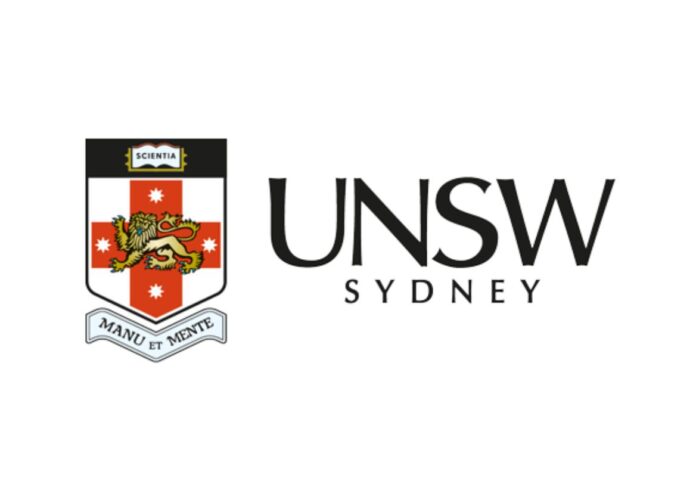
Media Release by UNSW Sydney
UNSW Sydney has formally launched its new workplace learning offer, Mentem by UNSW, offering contextualised education programs to industry and government organisations to help them meet current and future skills shortages.
Mentem by UNSW assesses an organisation’s needs and provides learning programs, training and coaching which incorporate formal education from UNSW expertise to reskill businesses for the long-term.
Labour shortages are expected to be a key focus of the Federal Government’s upcoming Jobs and Skills Summit, with Australia’s unemployment rate at a very low 3.5 per cent and many industries struggling to find staff.
Vice-Chancellor and President, Professor Attila Brungs says Mentem has been established at a critical juncture.
“Universities play a key role in making sure our workforce has the skills it needs. Providing businesses with the tools they need to expand and grow is an important part of Australia’s skills planning architecture,” Prof. Brungs says.
“UNSW’s world-leading research capability gives us deep expertise in the current and future impact of shifts in various industries. By combining this level of academic rigour to a business environment at scale, we can ensure Australia has a workforce capable of meeting the needs of the sectors critical to our nation’s productivity and prosperity.”
UNSW Business School Dean, Professor Chris Styles says UNSW’s 73-year history of world-leading education experience makes Mentem uniquely placed to deliver skills across a large spectrum of disciplines.
“The Government recently signalled its bid to have Australia predominantly powered by renewable energy. To do this, we must rapidly scale up our renewable energy workforce. UNSW is home to one of the leading solar & renewable energy research schools in the world.
“Being able to tap into and repackage UNSW’s vast amounts of higher education content into upskill and reskill products that organisations can deploy in a way that is contextualised and relevant, allows us to offer a multidisciplinary approach.”
“The learning programs also aim to develop employees, irrespective of their role, to operate effectively in increasingly digital workplaces as well as providing courses in other critical enterprise skills such as problem solving and decision making,” Prof. Styles says.
Since its establishment in 2021, Mentem has developed and delivered digital literacy, data analytics and business process modelling programs across Government, the not-for-profit and finance sector.
One recent example includes taking employees from across Suncorp Group and reskilling them to become proficient in business process modelling.
Suncorp Group EGM People and Culture Strategy, Matt Leslie, says developing this capability in-house reflected Suncorp’s strong commitment to investing in its people and building a workforce fit for the future.
“Reskilling our people in this important area of end-to-end business process modelling enables us to better review our service offerings and ultimately improve the experience for our customers,” he says.
Mentem CEO Arvind Sampath says Mentem also recently developed and implemented a Digital Skills Uplift pilot program for employees at the Department of Regional NSW.
“The program is a mix of formal and on-the-job learning, including coaching support, and is designed to fit into the daily work of employees. The scalable program was also co-designed with employees,” he says.
“Another unique feature is our Insights platform which enables us to take an end-to-end approach to learning. The platform allows us to identify who is best suited to meet the evolving demands of the business, pinpoint where their training should focus, and then measure the learners’ progress throughout delivery,” Mr Sampath says.
“No two businesses are the same. That’s why Mentem designs contextualised learning experiences that align skills programs to strategic objectives.
“We go about training a little differently, too. Our approach is to embed an organisations’ subject matter experts, to really empower peer to peer learning. This enables businesses to become a self-sustaining learning environment, where employees continually grow together.”
Mr Sampath says credentialling can be provided, and the training is a potential pathway to further university study.



















